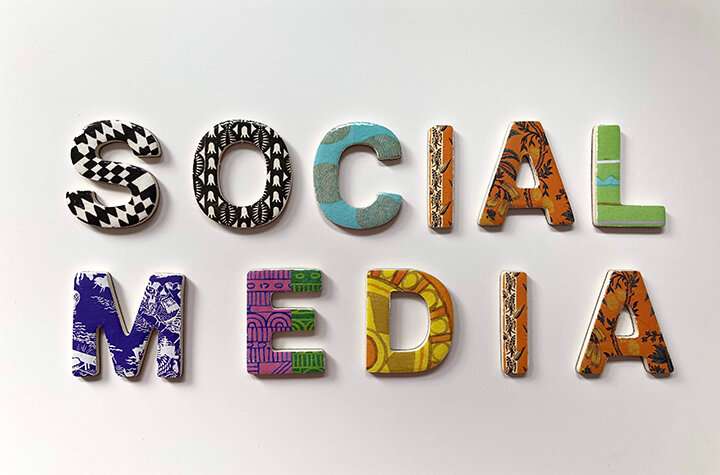Australia's African youth are using social media to find racial dignity

Social media offers Black African young people in Australia safe spaces to engage in positive expressions of their Afro-blackness, according to a new study led by Southern Cross University and published in the Australian Journal of Social Issues.
Dr. Kathomi Gatwiri of Southern Cross University and Ph.D. researcher Claire Moran of Monash University theorized how young Black Africans used social media to spotlight and challenge anti-Black violence or racism in ways that are safer than physical, offline settings in white contexts.
"Anti-Black racism is a unique form of racism particularly perpetrated towards Black people," said Dr. Gatwiri, a senior lecturer in Social Work and Community Welfare.
"Anti-Blackness can also be perpetrated by other people of color, including black people who seek to assimilate in white culture, so as to minimize their experiences of racialization.
"As a theoretical perspective, Anti-blackness recognizes that while different racial groups in Australia have been subjected to various racial indignities, there is something particular and specific about the visibility of Black bodies that triggers the imagination of white Australia to mean they are too un-assimilable, too different, too foreign, too dangerous, too visible, too everything."
Dr. Gatwiri said young Black Africans often report that because of constant and relentless antiblackness, they experience a fractured sense of racial dignity.
"This results in them feeling unworthy of being included in mainstream Australia and powerless against the powerful media, which constantly fuels the deficit narrative against them. Racial dignity is a crucial aspect in how we experience ourselves as racial beings.
From this study, the researchers found that despite the constant chipping of their racial dignity, the resilience of the young people was unyielding.
"I have written elsewhere that racial dignity should be conceptualized both in an individual and relational sense, where racial minorities are afforded unconditional worth of as human beings. To be racially dignified is to be seen through a humanized lens, and to be afforded basic respect in private and public relationships, especially within a complex society that largely misreads, mistreats and misuses the Black body," she added.
The African Australians used social media to find communities of support and healing, educate themselves, and counter the narratives of anti-blackness.
"Using different digital platform affordances, such as 'block,' 'delete,' 'mute' and 'private stories features' to effectively bypass racism online, many were able to engage in the kind of self-representation they chose including posting pictures of themselves or discussing their lived experiences, within a 'safe digital space,'" Dr. Gatwiri said.
"While many still feared the 'digital white gaze' where they were terrified of being trolled for posting about racial experiences, through these digital features that afforded them some sense of online boundaries, Black African youth were able to 'filter out' abuse and successfully engage in positive expressions of Afro-blackness in ways that are safer to them than in physical, offline settings."Denial of structural racism linked to anti-Black prejudice
More information: Kathomi Gatwiri et al, Reclaiming racial dignity: An ethnographic study of how African youth in Australia use social media to visibilise anti‐Black racism, Australian Journal of Social Issues (2022). DOI: 10.1002/ajs4.224
Provided by Southern Cross University
No comments:
Post a Comment